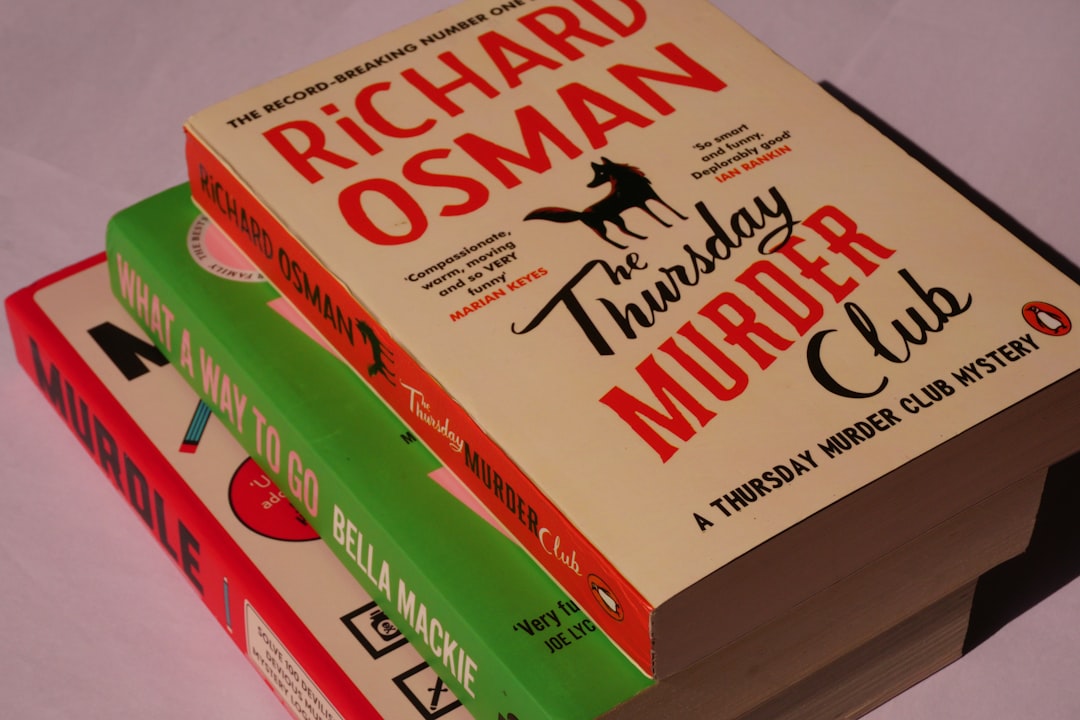[Disclaimer] This article is reconstructed based on information from external sources. Please verify the original source before referring to this content.
Neeews Summary
The following content was published online. A translated summary is presented below. See the source for details.
The story of Murder Eyez, a musician pioneering a unique blend of Arabic roots and hardcore rap, represents a powerful example of cultural exchange and artistic expression in the global music industry. Abdulrahman Masri, known by his stage name Murder Eyez, was born in Aleppo, Syria, and began his musical journey in 1999, performing at local festivals and concerts across the Middle East. In 2012, amid the Syrian conflict, he relocated to Germany, where he continued to develop his music career while also working as a producer and video editor.
The rise of Arabic-influenced rap music has gained significant attention, reflecting a broader trend of global cultural appreciation and integration. Al Jazeera reports that Arabic rap has gained significant traction in recent years, resonating with audiences worldwide through its powerful storytelling and unique rhythms. Pitchfork also notes the incorporation of Arabic samples into mainstream Western hip-hop productions, signaling a growing cultural exchange and appreciation.
In an interview, Murder Eyez shares his perspectives on the significance of this cultural fusion, emphasizing the power of music to transcend borders and connect people from diverse backgrounds. He sees his music as a way to preserve and celebrate his Arabic roots while also engaging with the universal language of rap and hip-hop.
Source: Wikinews-en
Our Commentary
Background and Context
The music industry has long been a space for cultural exchange and the blending of diverse influences. In recent years, the rise of Arabic-influenced rap music has gained significant attention, reflecting a broader trend of global cultural appreciation and integration. This cultural fusion represents a powerful exchange of artistic expression, as musicians like Murder Eyez have been at the forefront of this movement, pioneering a unique sound that merges hardcore rap with traditional Arabic music.
Expert Analysis
According to experts, the rise of Arabic-influenced rap music is a significant cultural phenomenon that reflects a broader trend of global appreciation and integration. Al Jazeera reports that Arabic rap has gained significant traction in recent years, resonating with audiences worldwide through its powerful storytelling and unique rhythms. Pitchfork also notes the incorporation of Arabic samples into mainstream Western hip-hop productions, signaling a growing cultural exchange and appreciation.
In an interview, Murder Eyez shares his perspectives on the significance of this cultural fusion, emphasizing the power of music to transcend borders and connect people from diverse backgrounds. He sees his music as a way to preserve and celebrate his Arabic roots while also engaging with the universal language of rap and hip-hop.
Additional Data and Fact Reinforcement
The rise of Arabic-influenced rap music is part of a larger trend of cultural exchange and integration in the global music industry. In recent years, there has been a growing appreciation for the incorporation of diverse musical influences into mainstream Western productions, with the use of Arabic samples in popular hip-hop tracks becoming increasingly common. Artists like DJ Khaled and Beyoncé have been incorporating these elements into their work, signaling a broader recognition and appreciation for the richness of Middle Eastern culture.
Related News
The success of artists like Murder Eyez, who have found global audiences for their unique musical blends, has inspired and paved the way for other musicians from the Middle East and North Africa to explore similar artistic paths. This cultural exchange and collaboration have the potential to further enrich the musical landscape and foster greater understanding between different communities.
Summary
The story of Murder Eyez and his pioneering blend of Arabic roots and hardcore rap represents a powerful example of cultural exchange and artistic expression in the global music industry. Masri’s journey, shaped by his experiences of displacement and the desire to preserve his cultural identity, has resulted in a unique sound that resonates with audiences worldwide. The rise of Arabic-influenced rap music reflects a broader trend of global appreciation and integration, as artists and audiences alike embrace the richness and diversity of musical traditions. As this cultural exchange continues to evolve, it holds the promise of further enriching the musical landscape and fostering greater understanding between diverse communities.


